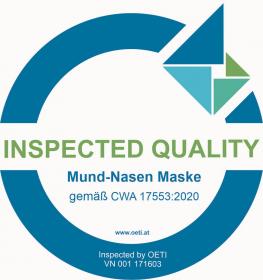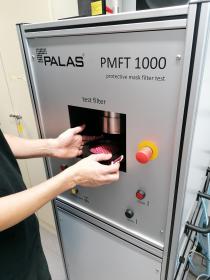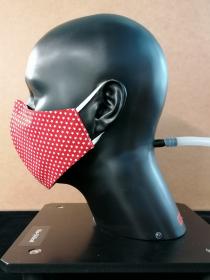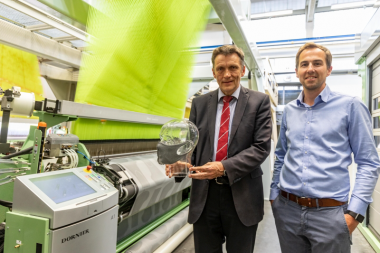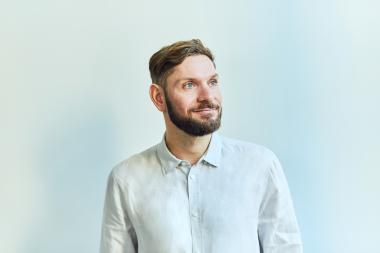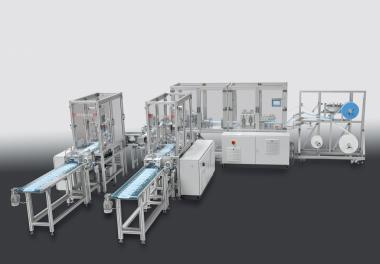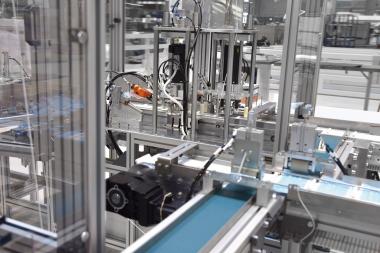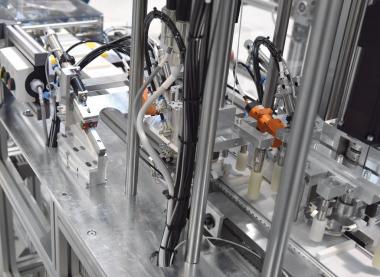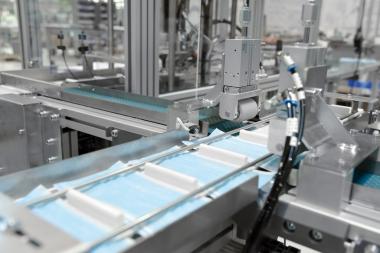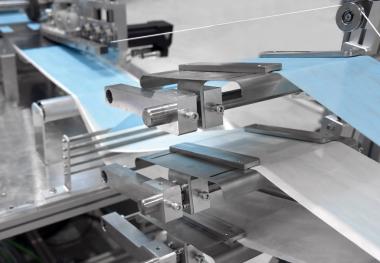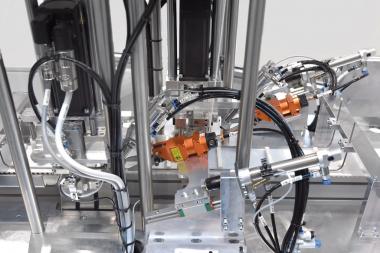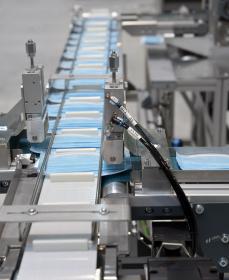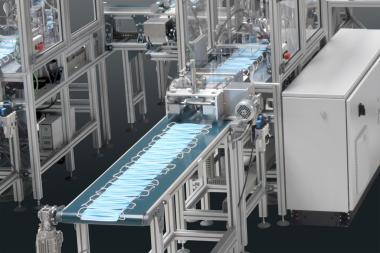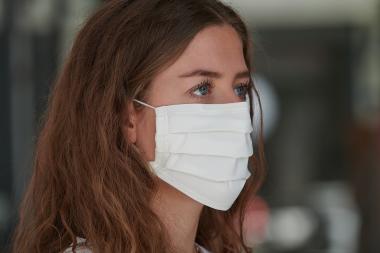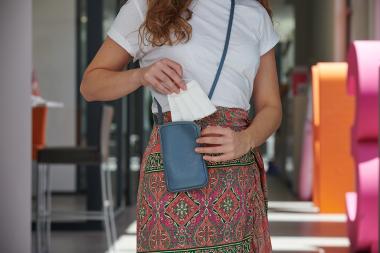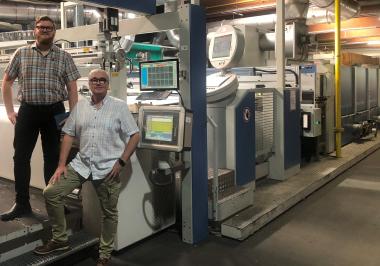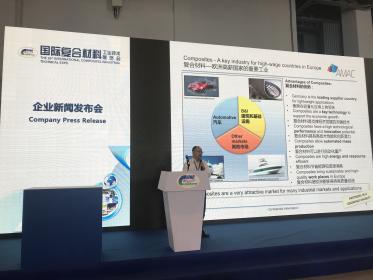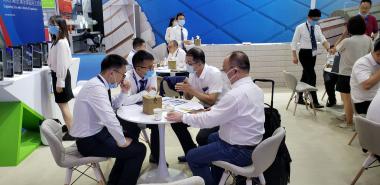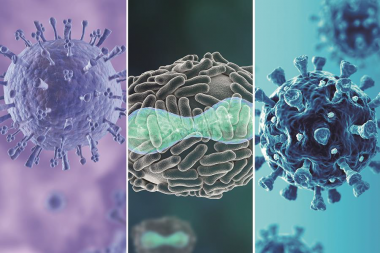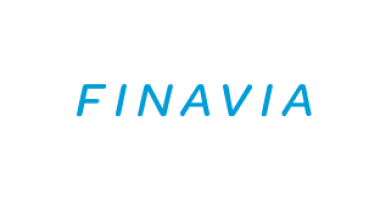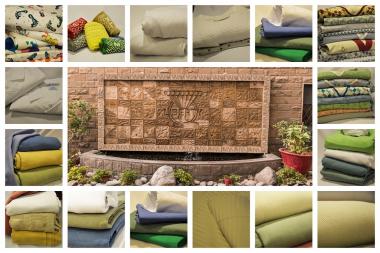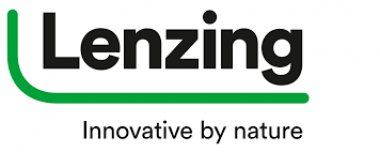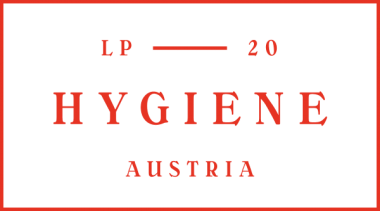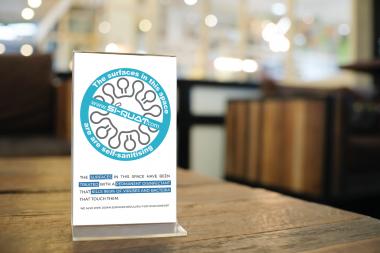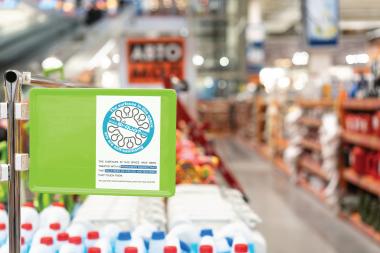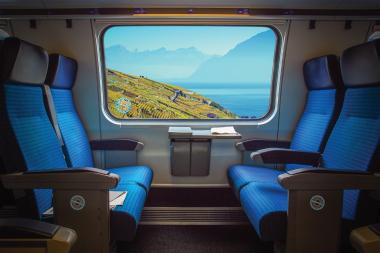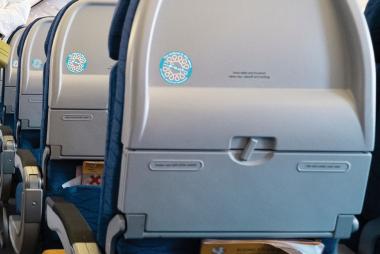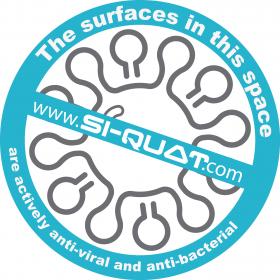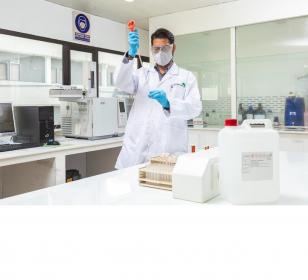OETI präsentiert: “INSPECTED QUALITY für Mund-Nasen Masken”
- viel mehr als eine zuverlässige Produktkennzeichnung
- Neues Label für Mund-Nasen-Masken (Community Masks)
Mit “INSPECTED QUALITY für MUND-NASEN MASKEN“ bietet OETI seit kurzem eine zuverlässige Produktkennzeichnung und unterstützt Unternehmen dabei parallel in der Produktentwicklung.
Mit dem Label “INSPECTED QUALITY für MUND-NASEN MASKEN“ werden Masken auf Funktionalität und Schadstoffe geprüft. Das Label basiert auf den Vorgaben des Workshop-Agreements CWA 17553. Beim Agreement handelt es sich um einen Leitfaden für Mindest-Anforderungen sowie Prüf- und Verwendungs-methoden von sogenannten „Community Masks“. Er wurde im Juni 2020 vom unabhängigen Europäischen Komitee für Normung (insgesamt 34 CEN-Mitgliedsstaaten) herausgegeben.
Damit stellt das OETI Geschäftskunden sowie Verbrauchern ein zuverlässiges Label zur Verfügung, welchem die Sicherheit eines unabhängigen, von externer Stelle erstellten Workshop-Agreements zu Grunde liegt.
Herausforderungen im Produktionsprozess
Unsere Erfahrungswerte im Testen von Community Masks, zeigten, dass bei den zwei wichtigsten Produkteigenschaften Filtrationseffizienz und Atmungsaktivität, derzeit nur 10% der getesteten Masken alle Anforderungen erfüllen. Daher ist es wichtig jede einzelne Entwicklungs-Phase zu testen, um sicher zu stellen, dass das Endprodukt die Anforderungen erfüllt. Eine Neu-Entwicklung ist zeitaufwändig und teuer. Darüber hinaus sind die dazu benötigten Prüfgeräte teuer.
OETI’s Know-how im Entwicklungsprozess
Das OETI testet daher die einzelnen Phasen des Entwicklungsprozesses für Geschäftskunden, damit die richtige Wahl für Materialen und die bei der Herstellung der Masken verwendeten Prozesse getroffen werden kann. Großer Vorteil dabei ist, dass Teile des Produktes, die bereits während des Entwicklungsprozesses getestet wurden und die Anforderungen nachweislich erfüllen, nicht erneut getestet werden müssen. Auch werden – abhängig von der Art der Zertifizierung – vorzertifizierte Teile des Produkts ebenfalls anerkannt (z.B. STANDARD 100 by OEKO-TEX®)
Was wird getestet und welche Art von Masken werden getestet?
“INSPECTED QUALITY FÜR MUND-NASEN MASKEN” legt, zum einen, bestimmte Kriterien zum Schutz des Trägers vor Schadstoffen fest. Zweitens hilft es, die orale Übertragung zu verringern, indem verhindert wird, dass das Virus durch kontaminierte Hände in Nase oder Mund gelangt. Abschließend trägt die gemäß CWA 17553 getestete Maske dazu bei, das Risiko andere durch Sprechen, Niesen und Husten zu infizieren zu verringern.
Die Zertifizierung umfasst Funktionstests wie Atmungsaktivität oder Schrumpfverhalten sowie Tests auf Schadstoffe wie Formaldehyd und verbotene Arylamine.
Die Kennzeichnung gilt für alle Einweg- und wiederverwendbaren Mund-Nasen-Masken, die nicht unter die Vorschriften für Schutzausrüstung oder Medizinprodukte fallen.
OETI


